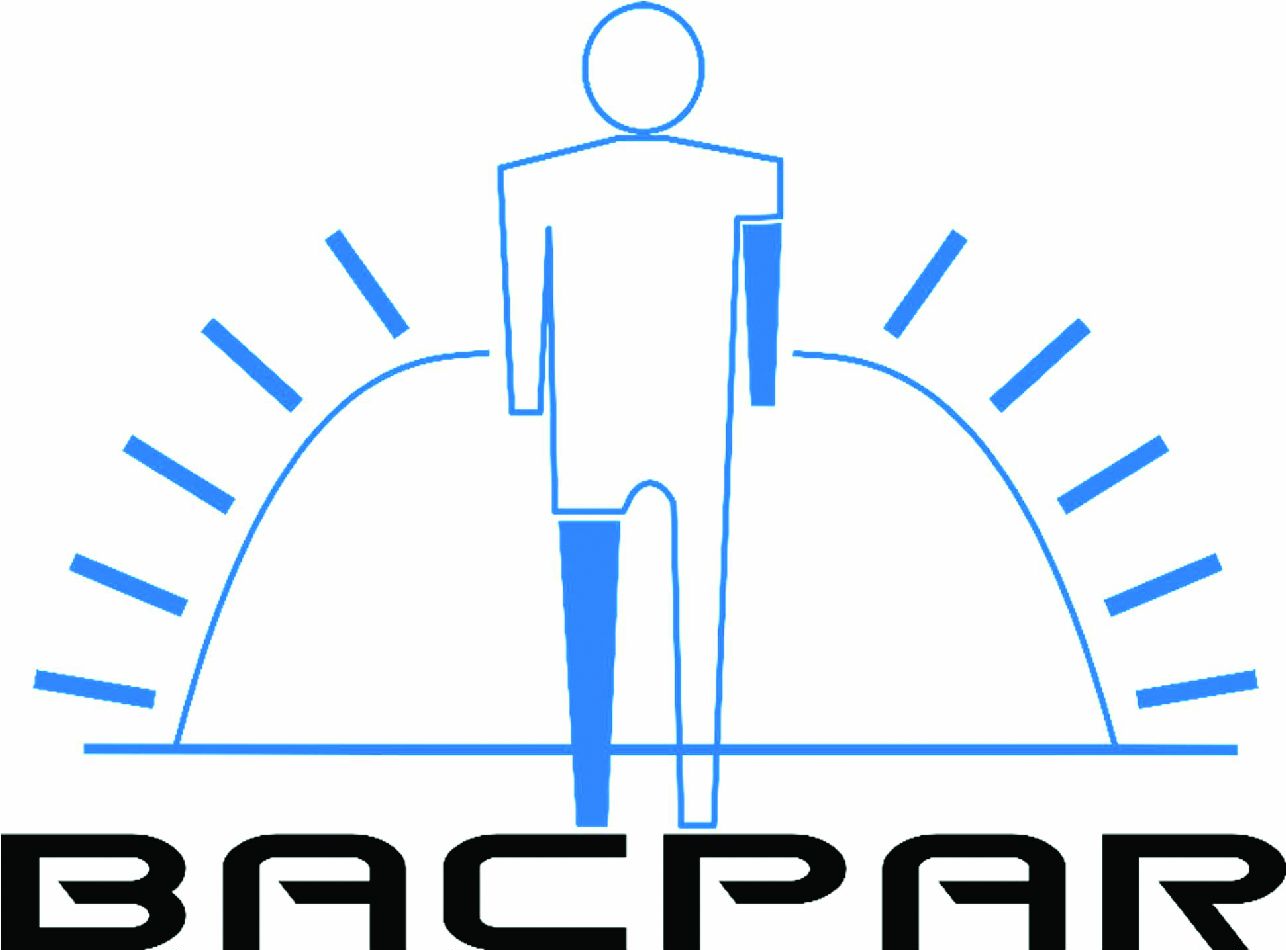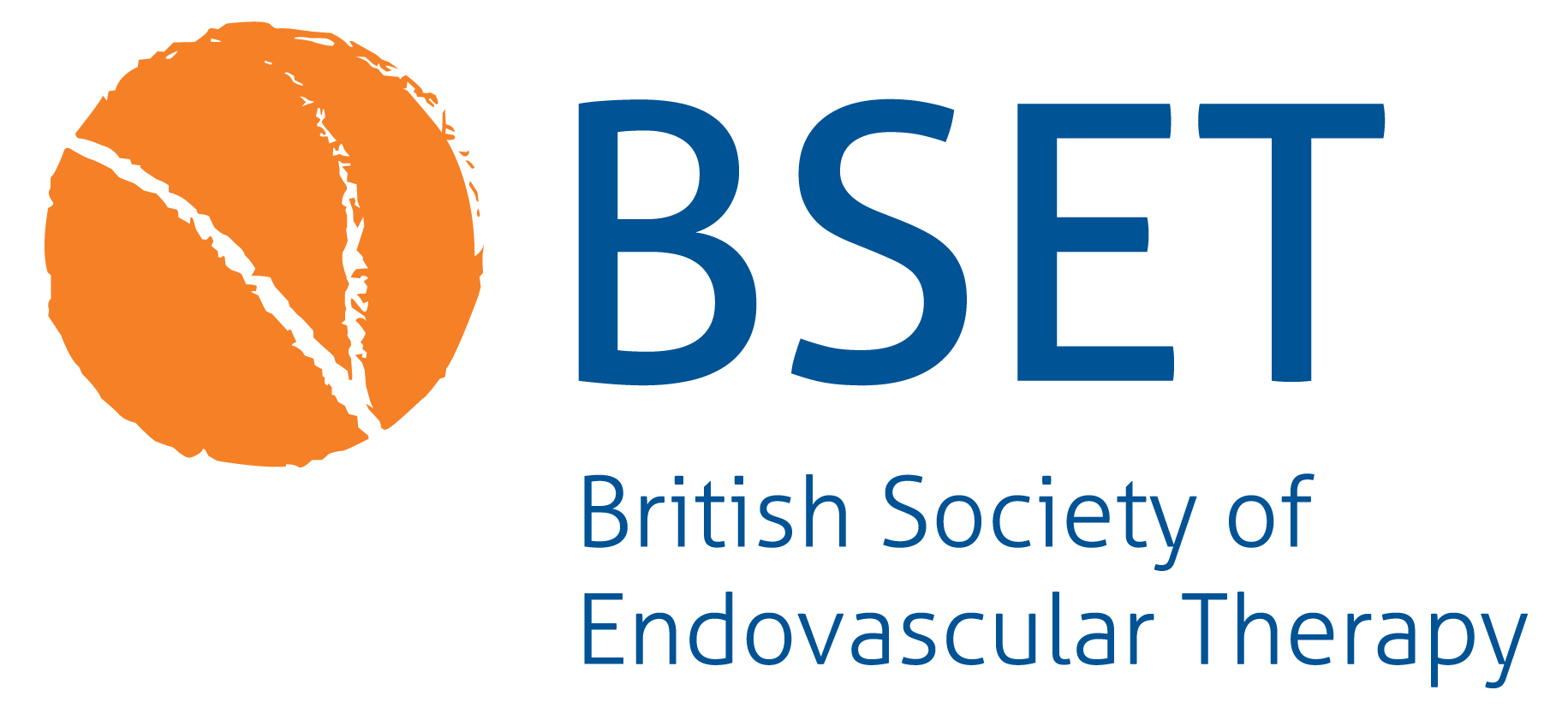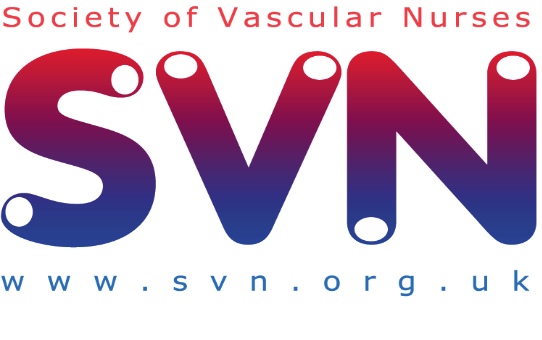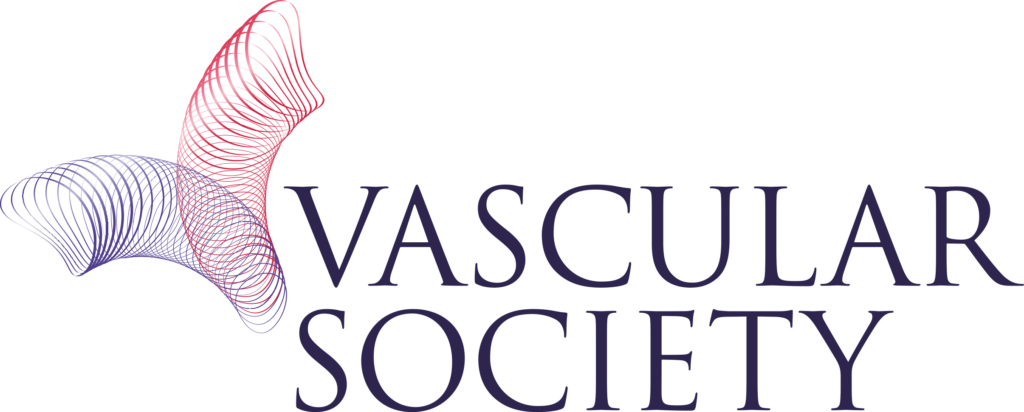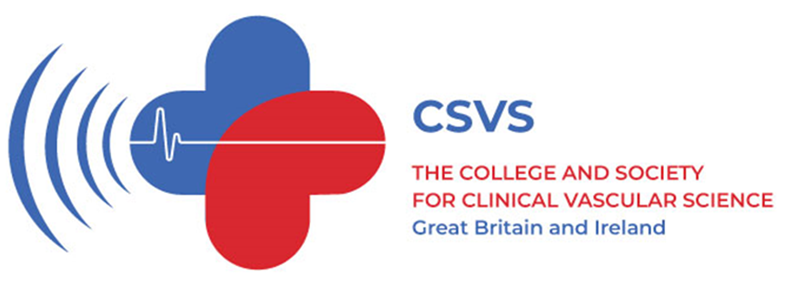EDITORIALS
How do we best support our early year consultant vascular surgeons?
Sritharan K,1 Popplewell MA,2,3 Garnham A2
The first few years of your consultant career can be a lonely space place, with the pressure to prove yourself in an NHS which is struggling for resources and demanding ever more from its workforce. The data from the survey published in this issue of the JVSGBI highlight the urgent need to place the well-being of our younger colleagues centre stage and to produce tangible, sustainable long-term solutions. The factors contributing to burnout, post-traumatic syndrome disorder (PTSD) and imposter syndrome are complex and multifactorial, but supporting our colleagues through complaints and complications, tackling bullying, undermining and harassment (BUH) and improving the shortfalls in our working environment, such as poor staffing and the burgeoning waiting lists, will go a long way to alleviate the distress described in this survey.
There are no easy fixes or a single solution, but inaction has significant consequences not only for the future vascular workforce but also the individual and, ultimately, the care we can offer our patients. If we can save at least one doctor from suicide, stop one doctor from drowning in the despairs of burnout and depression, stop one vascular surgeon from leaving the profession, then we are making progress. It would be unfair to say that nothing has been done, but the fact that these issues persist implies that it is still not enough. In a vocation where so much of your life is given to the job, it is time for the job to start giving back.
The naysayers amongst us will say that it is impossible to fix the woes of the NHS, that the workforce issues are deep rooted and extend across specialties and addressing these issues requires an unattainable shift in both culture and mind set. However, small changes at grass roots, within our own teams and specialty, are achievable.
This survey is an alarm bell which should not be silenced until we can show measurable improvement. This editorial examines some of the possible solutions – a few are quick wins whilst others will take years to realise their full benefit, but tackling the distress clearly revealed in this survey must be a priority.
Complications
“Every surgeon carries within himself a small cemetery, where from time to time he goes to pray…” (René Leriche). This certainly rings true for vascular surgeons. Our patients are often co-morbid and undergo complex operations and, unfortunately, despite our best intentions, complications will occur for all of us, without exception. Any complication can take an emotional toll, resulting in the surgeon then becoming the ‘second victim’.1 Complications clearly contribute to burnout, PTSD, feelings of imposter syndrome and concerns about career choice.
There are methods to combat these symptoms. How we share our experience matters, and formally organised Schwartz rounds could allow an insight into the vulnerability of ourselves and colleagues and enable us to explore and reflect on the emotional burden we carry. Their implementation has been shown to positively influence staff well-being, empathy and compassion for patients and colleagues.2 However, for Schwartz rounds to be effective there needs to be strong senior leadership and a culture that allows open discussion without the fear of reprimand.
Mentorship, counselling and peer support are also recognised to be useful support mechanisms,1 and when an adverse event is identified, this should trigger systematic damage preventing and ameliorating actions which are tailored to the individual’s needs and may include some or all of the above.
Complaints
Twenty-five per cent of respondents in this study had experienced a complaint, investigation or other regulatory process as a consultant. Complaints also contribute to burnout, PTSD, feelings of imposter syndrome, concerns about career choice and consideration of leaving the NHS. Responses to complaints are usually delegated to the consultant involved to answer in isolation and often present as an unsolicited email communication. In our healthcare system we promote a ‘no-blame culture’, therefore we need to consider how we can change our approach in the event of a complaint to best support our colleagues. Responses could be drafted in collaboration with a named colleague, departmental manager with or without the support of trust legal teams. There should also be an acknowledgement that responding to complaints requires a significant amount of time, which is often not factored into individual job plans. Many colleagues develop personal support networks where they can reflect on how a complaint may have affected them. However, some have not, and a formal debrief following any complaint should be the considered norm, with counselling offered to some individuals as seen appropriate.
Bullying, undermining and harassment
We cannot tolerate a workplace where BUH is common. It is crucial that perpetrators are made aware and their actions addressed. Disappointingly, most episodes of BUH were not effectively managed, with only a minority of those experiencing BUH feeling adequately supported. The impact of BUH is far-reaching and should not be tolerated. Consider how you would act if you witnessed a trainee, a colleague or an allied health professional being the subject of BUH. It takes courage to speak up, but the standards we walk past are those that we are prepared to tolerate.
Imposter syndrome
Imposter syndrome is not an uncommon phenomenon in medicine and typically occurs among high performers who are unable to internalise and accept their success.3 It is worrying that we train highly qualified professionals but are unable to imbibe them to have confidence in their own ability. We should celebrate and reinforce success in our colleagues, not simply focus on their deficiencies which, over time, can demotivate individuals and lead to the emotional burden this survey has described. Moreover, we should challenge the view that doctors are invincible and that seeking help is a sign of weakness.3
Mentorship
The positive impact of mentorship is well described but only 43% of respondents in our survey had a mentor. The clear benefits of mentorship affirm the need for all young consultants to have a mentor. It is, however, essential that any mentorship programme is formalised with appropriate structure, administration, training and job planned time.
Although this survey focuses on the early year consultant (EYC) cohort, mentorship could potentially benefit all consultants. Moreover, whilst most mentoring relationships in this survey were established locally, the benefits of a national programme merit investigation, noting that many other specialties in the UK and vascular surgeons internationally have adopted such schemes. The VSGBI is developing such a programme.
Job plan and work–life balance
EYC vascular surgeons with an ideal job plan/correct work–life balance are in the minority, the negative implications of which are significant. The issues here are complex, with an ideal job plan not automatically improving work–life balance. Empathetic and considered job planning, mentorship/coaching and reflection help create the space for individuals to better understand and prioritise the various aspects of their life.4 Continuing work on the ASPIRE programme, particularly the ASPIRE EYC course, also aims to address some of these issues.
In summary, the findings of this survey are shocking and threaten the viability of the future vascular surgical workforce. Inactivity is not an option; we cannot afford to be passive observers. Changes must be made to overcome the highlighted problems and challenges. Compassionate leadership, formal mentorship, colleague support and empathy all have a role in changing culture. Each of us has a part to play and it is imperative that we take up the baton.
Article DOI:
Journal Reference:
J.Vasc.Soc.G.B.Irel. 2025;4(3):120-121
Publication date:
May 29, 2025
Author Affiliations:
1. Consultant Vascular Surgeon, Department of Vascular Surgery, York & Scarborough Teaching Hospitals NHS Trust, York, UK & Chairperson-Elect Education and Training Committee, VSGBI
2. Consultant Vascular Surgeon, Department of Vascular Surgery, Black Country Vascular Network, Dudley, UK
3. Department of Applied Health Sciences, University of Birmingham, UK
Corresponding author:
Kaji Sritharan
Consultant Vascular Surgeon, Department of Vascular Surgery, York and Scarborough Teaching Hospitals NHS, York Hospital, Wigginton Road, York,
YO31 8HE, UK
Email: [email protected]

